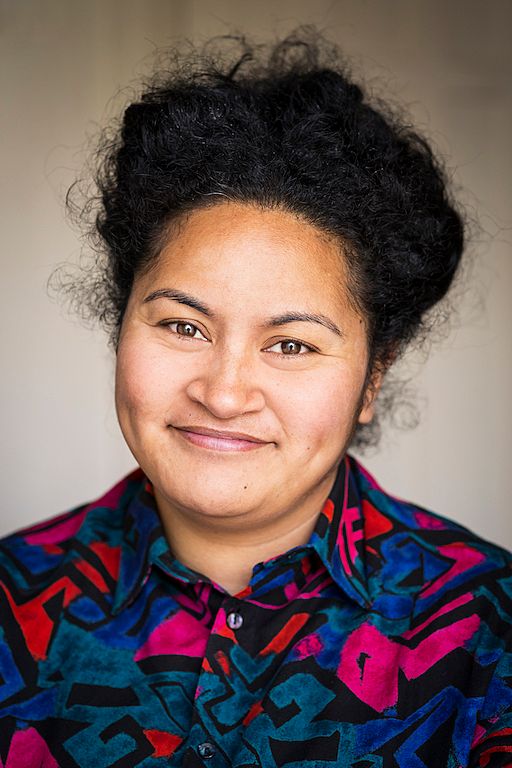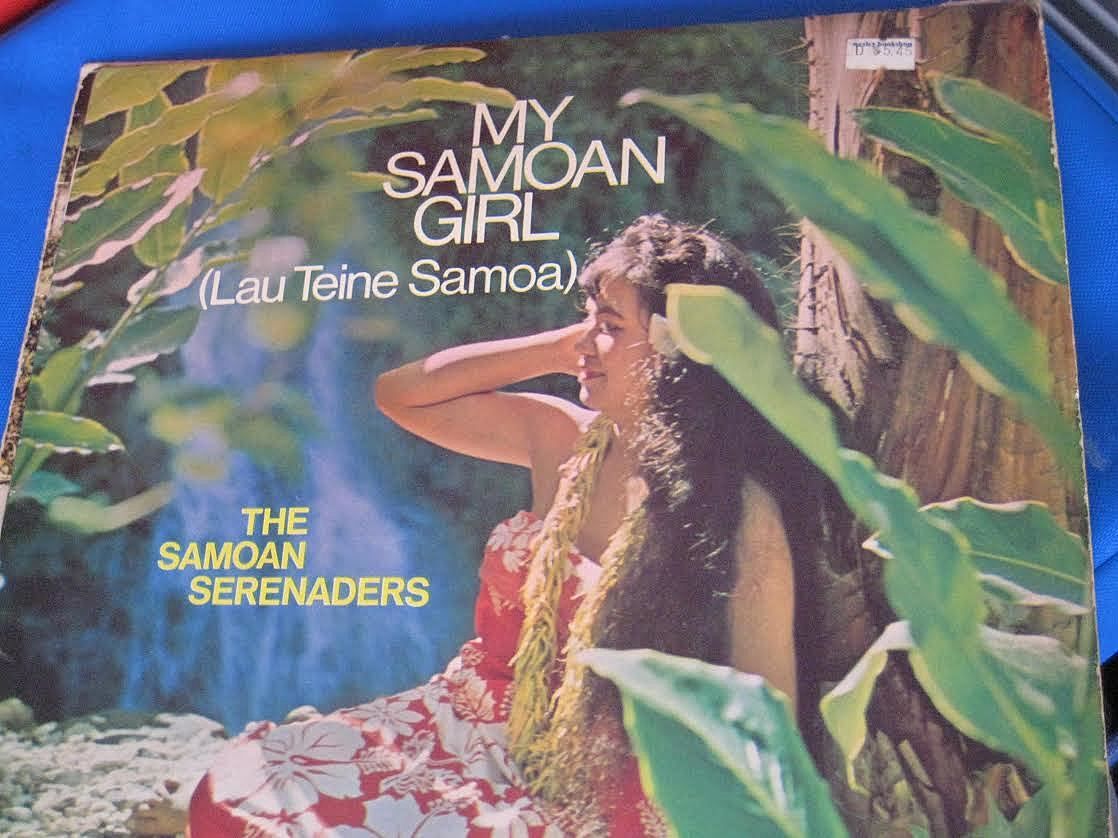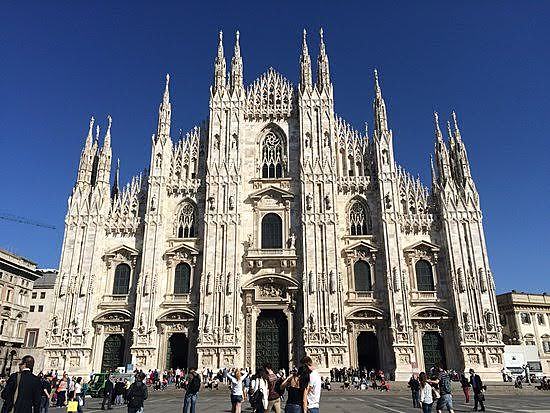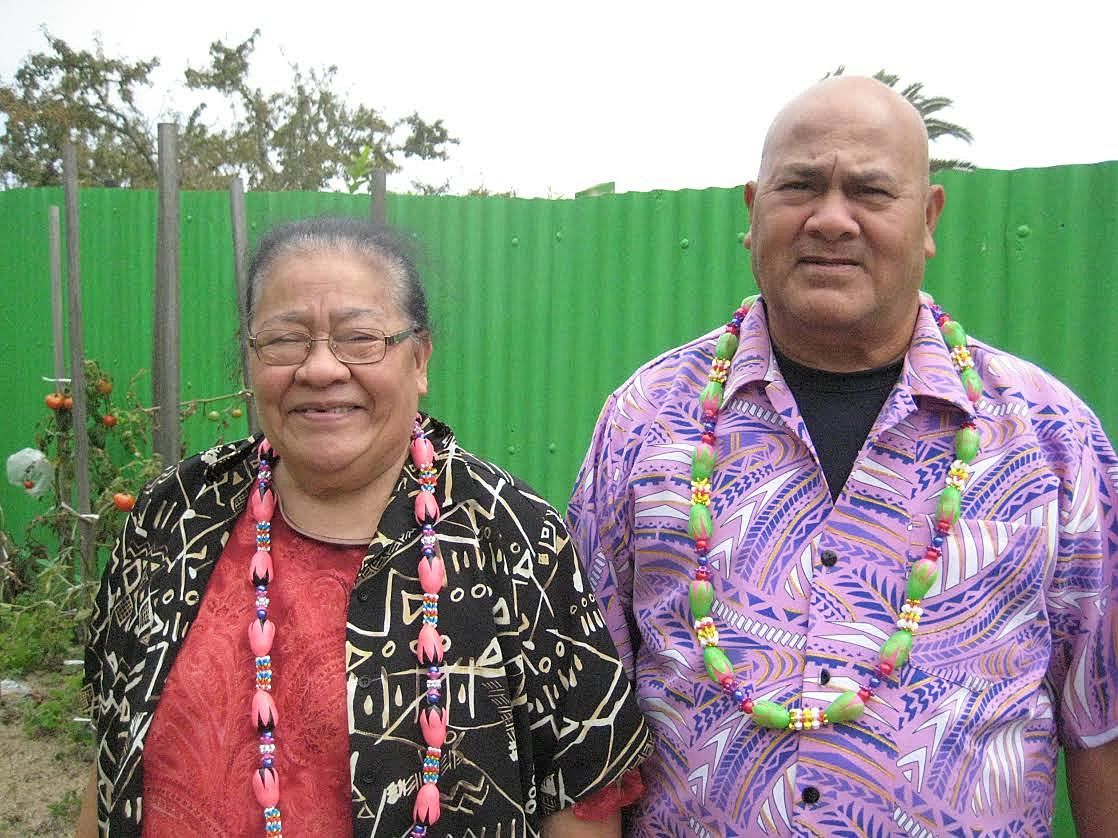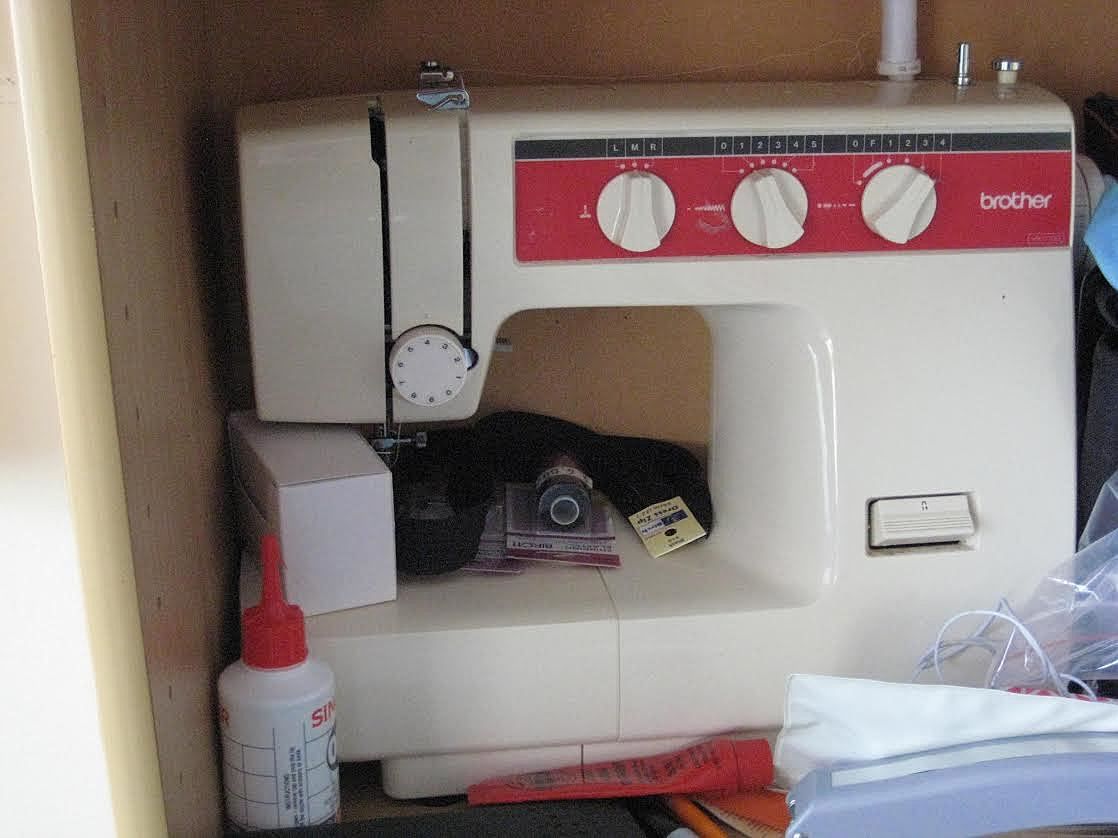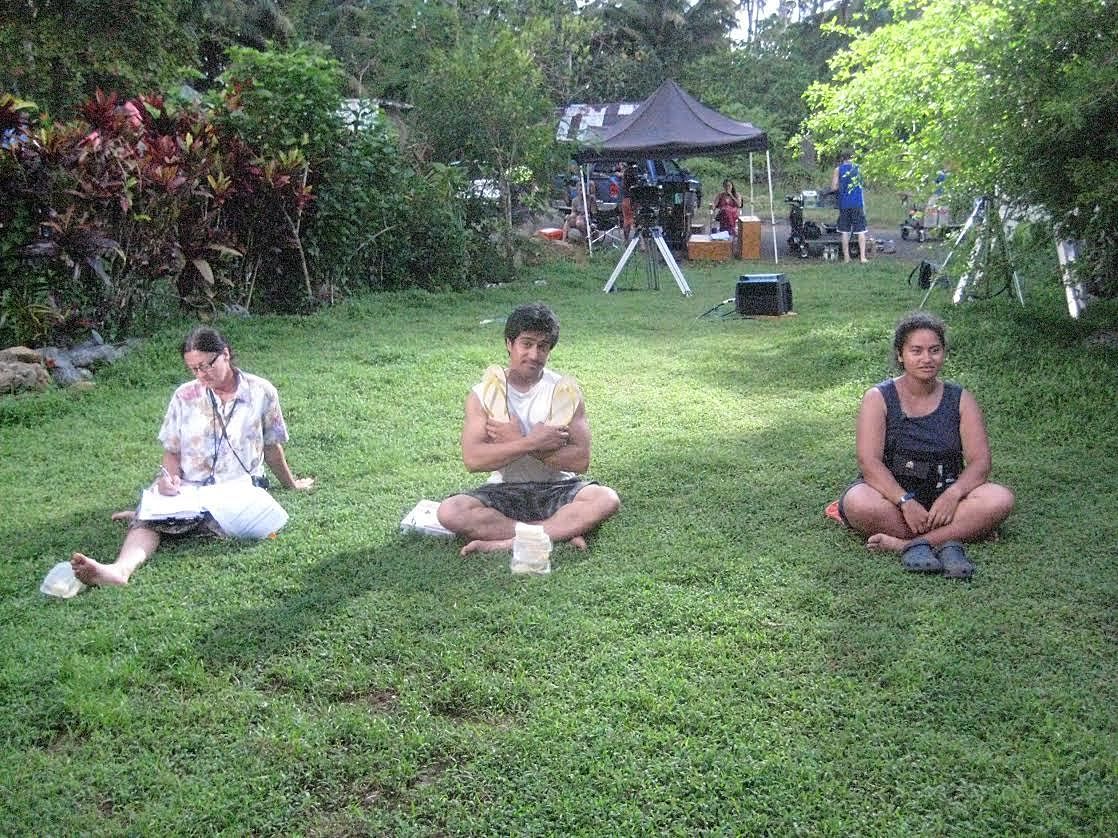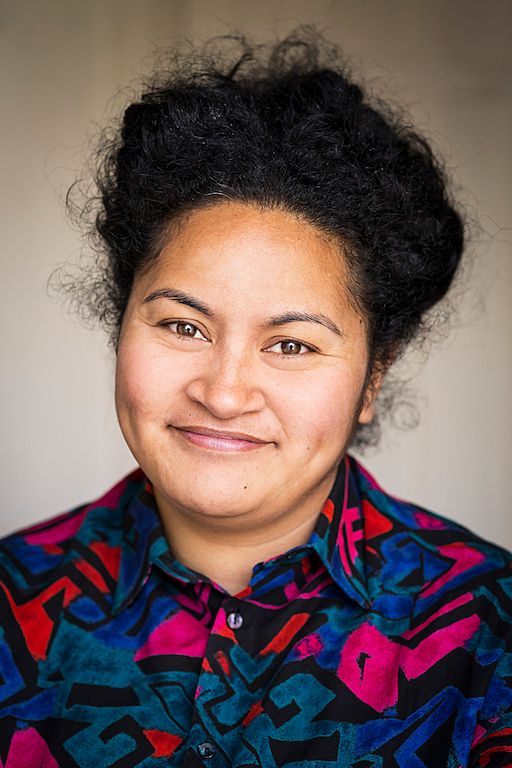Loose Canons: Louise Tu'u
Louise Tu'u is a playwright, director and curator. Her interdisciplinary practice encompasses theatre, visual arts, dance and music.
Loose Canons is a series in which we invite artists we love to share five things that have informed their work. Meet the rest of our Loose Canons here.
Louise Tu'u is a playwright, director and curator. Her interdisciplinary practice encompasses theatre, visual arts, dance and music and Tu'u's work has been performed for over a decade in New Zealand, the United States and Germany. Since 2009, she has led We Should Practice, an organisation that makes public art, performance and moving image. Louise is the writer and director of Magdalena of Mangere, which opens next week at Mangere Arts Centre. Magdalena of Mangere won 2nd equal for the 2016 Auckland Mayoral Writers Grant and is an interdisciplinary work situated in the suburb which is a notch in the Bible belt of South Auckland and home to the biggest Muslim state school in the country.
Absence of intersectional women in meaningful roles
onstage in New Zealand
There's been a lot of talk and celebration recently about feminist work in Auckland. Probably what it should specifically state is white, middle-class feminism. The relevance of topics like reproductive rights, universal healthcare and rape culture overlap but not in a predictable or stable manner. It's hard to state these in an interesting way. I don't feel any pressure to do so in this way.
What's useful is to be reminded that theatre is largely a bourgeois pursuit and the multiple depiction of minorities is contingent on available time, energy and money. I'm making Magdalena of Mangere partly as a response to the representation or lack of intersectional woman onstage. This is not an identity crisis play, a 1970s play that recycles the Dawn Raids as the defining moment of institutionalised racism against Pacific Islanders, nor is it an educational play about how you can get to know your Pacific Island or other brown neighbours or figure out where they come from. In a gentle and meditative manner, I'm rupturing the expectations of polished performances from Pacific Island actors, the polyphonic harmonies that seduce you at the drop of a hat and the multiple slippages on both marginal and mainstream live performances in Niu Sila, particularly Auckland.
Milano, Italia
When I was 17, I lived in Milano for a year as a high school student. I attended an experimental high school that taught languages and sciences. Here, I was introduced to German, Russian and French people; white people who seriously couldn't speak English, yet pronounced my surname perfectly. I also was introduced to theatre and loved it. I was cast as "Fior di Pisello" or Peaseflower for the school's production of Un sogno di mezz'estate or A Midsummer Night's Dream. Playing someone who couldn't speak either Italian or English was heaps of fun. Being away from everyone I knew was liberating and having reliable public transport - unless there was a sciopero (strike) - was a bonus.
O ou matua
I speak about my parents a lot in interviews. This is because they're difficult, tenacious and hilarious. Sale, my father and Lafitaga (or Mary at work), my mother, have worked a million jobs over forty years. The chronology of these jobs and having four children, sponsoring what seemed like endless relatives, and dealing with fa'alavelave with our aiga never seemed to make sense to my Westernised brain. So I made a work with my mother, called Gaga: the unmentionable. She was a true star and the real director. My father is much quieter and has a real sense of adventure. They are constant reminders of other worlds and times, which they channel through my daughter. I love them very much and struggle with the reality of their ageing.
Sewing
The 'wroughting' of plays has always been a hard slog for me. There's the fear of being hated, or the fear of writing about untrendy things - otherwise known as 'important issues' and not treating them as treatises. For example my plays, Providence (about homelessness) and Horses and Other Farm Animals (about ecology and Pacific Island women). My multiple jobs in visual arts, dance and film have resulted in five or six plays making it to the world.
When I was pregnant, I felt compelled to take sewing classes and I made a number of items for my unborn child and myself. This excited me into approaching making work in a kinaesthetic manner, as opposed to just writing on the page or computer. So I've made clothes for myself and pay more attention to the construction of a piece of clothing or accessory. I use this analogy more in pulling apart scenes and moments. I'm very much a beginner and spend a lot of time unpicking, which is also therapeutic.
Once I've finished my play, I'll make a cushion. Dream big, I say.
Samoa
I'm Samoan, born in New Zealand. When I was 21, I lived in Samoa as my version of an OE. It was the best and worst time of my life. So many relatives, so many unreliable narratives of who slept with who and so much sun.
The last time I went back was in 2010. I worked on Tusi Tamasese's The Orator as 3rd Assistant Director. That film was a gamechanger. You see, being paid to work in Samoa on good wages, speak Samoan and have little time to spend your money meant I saved a fair bit, got blacker everyday without the ozone hole and hung out with awesome locals and Kiwi crew. This is us - from left to right: Kathleen Thomas (Script Supervisor), Leroy Lakamu (Camera Assistant) and myself, standing in for a chief confrontation scene. My next foray will be in film. Keep your eyes peeled.
Magdalena of Mangere runs from Wednesday 29 March to Saturday 1 April at Mangere Arts Centre
Tickets available here.
